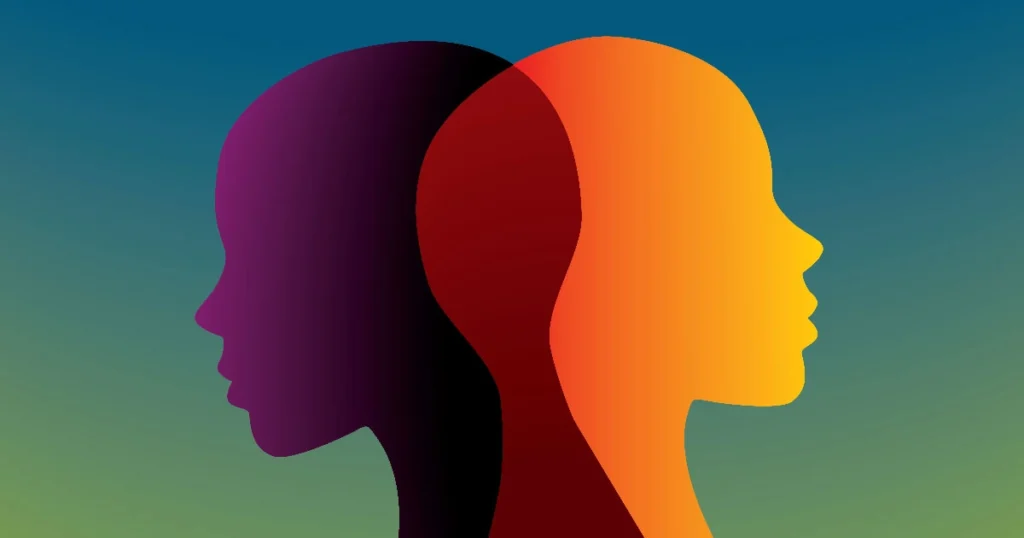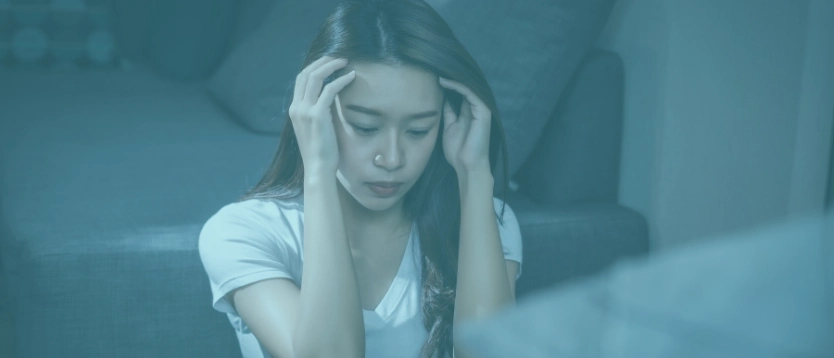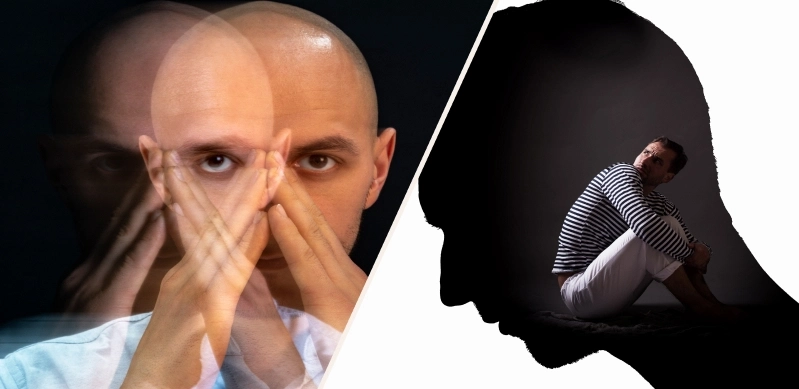Bipolar 2 ICD 10: The ICD 10 Code For Bipolar Illness Is Used By Healthcare Practitioners When Billing For This Mental Health Condition, Which Is Characterized By Severe Psychological Highs And Lows.
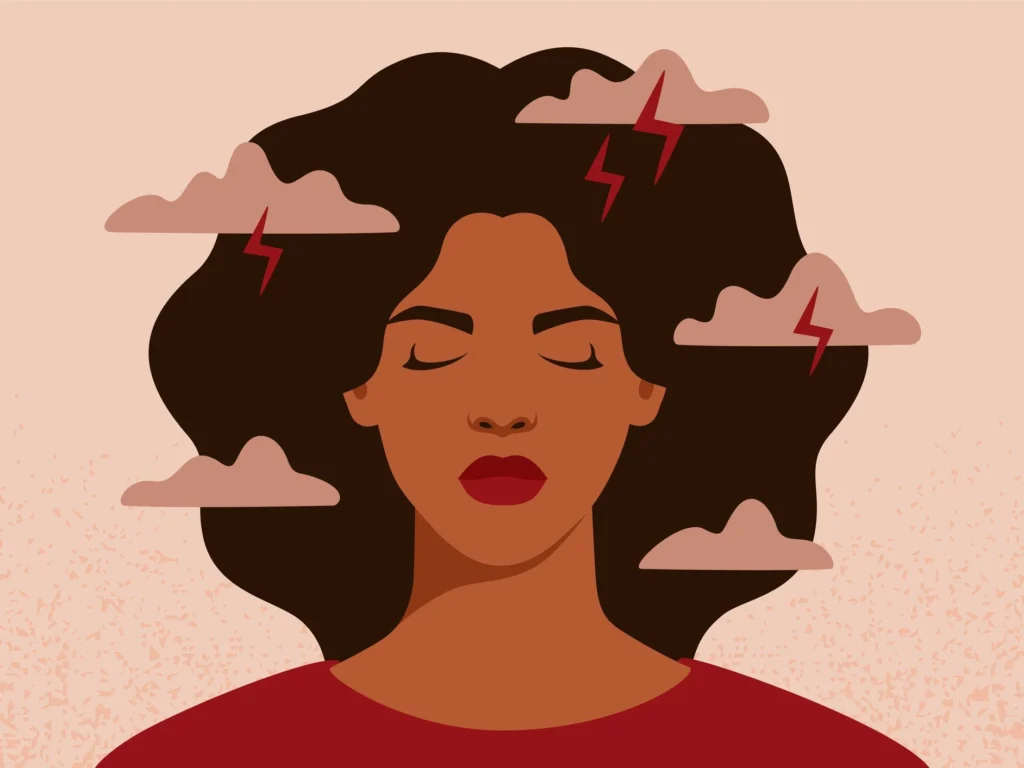
Millions of individuals are impacted by the complicated path that bipolar disorder takes, highlighting the importance of healthcare providers being able to properly identify and record it.
We explore the relevance of bipolar disorder ICD 10 codes in comprehending and treating this illness in this piece, which focuses on the world of bipolar disorder.
Overview Of Bipolar 2 ICD 10
Formerly known as manic-depressive disorder, bipolar disorder is a mental illness marked by dramatic mood fluctuations between episodes of mania and depression. People may have greater energy, more impulsivity, and a higher sense of happiness during manic episodes. In contrast, depressive episodes cause crippling melancholy, lethargy, and a persistent sensation of despair.
These mood swings might interfere with several facets of a person’s life. During manic phases, people may engage in dangerous behaviors and make poor decisions, while depressive episodes can make it difficult to carry out everyday activities, resulting in social isolation and a loss of interest in things they formerly enjoyed.
This fluctuation between these states has an impact on the person and also puts a strain on their connections in their social and family circles. Friends and relatives may find it difficult to comprehend and deal with the changes in behaviour due to the erratic nature of mood fluctuations. Variations in energy levels and attention may also impede work and educational endeavors.
What Is The ICD-10 Code For Bipolar Illness?
The International Classification of Diseases, 10th Edition (ICD-10), is a widely used coding system that arranges different health disorders into categories, making it easier for the healthcare community to communicate effectively and diagnose accurately. This approach is excellent at maintaining consistency in medical bills and paperwork.
The ICD 10 Code for Bipolar Disorder Is F31
The bipolar disorder ICD code is F31 in the comprehensive ICD-10 list. This alphanumeric code is a unique identifier for researchers, healthcare professionals, and insurance carriers. By utilizing ICD-10 codes, medical data may be made more accurate, which guarantees that bipolar illness is recorded in a consistent manner.
What Are The ICD 10 Codes For Bipolar I And Bipolar II Bipolar Disorder?
The Disorder Known As Bipolar I Disorder (F31.0)
The defining feature of Bipolar I Disorder is at least one manic episode, which may be accompanied by hypomanic or major depressive episodes. It is easier to differentiate between the various forms of bipolar illness with the aid of the particular ICD 10 code (F31.0).
The F31.81 Code For Bipolar II Disorder
The ICD 10 code (F31.81) for bipolar disorder II helps in its precise diagnosis and distinction within the coding system. Bipolar II Disorder is characterized by frequent depressive episodes and hypomanic episodes, but not by complete manic episodes. It’s important to distinguish between Bipolar 1 and Bipolar II because the therapy may differ greatly.
Additional ICD 10 Codes For Bipolar Disorder Subtypes And Specifiers
Cyclothymic Disorder (F34.0)
Cyclothymic Disorder is a less severe version of bipolar disorder, marked by frequent episodes of hypomanic and depressive symptoms. The ICD 10 code for bipolar illness (F34.0) ensures that this kind of Cyclothymic Disorder is documented accurately.
In order for healthcare providers to accurately capture the subtle manifestations of bipolar disorder, it is essential that they comprehend these subtypes and their related ICD 10 codes.
Evidence-Based Treatments For Bipolar Illness
By including these evidence-based therapeutic techniques into the treatment plan, we have a comprehensive and customized approach to managing bipolar disorder, which addresses both the symptoms and the underlying causes of the disorder’s complexity.
Cognitive-Behavioral Therapy (CBT)
For those struggling with bipolar illness, Cognitive-Behavioral Therapy (CBT) has proven to be a promising treatment strategy. The aim of this psychotherapy intervention is to recognize and change problematic thought patterns and behaviors.
CBT helps people with bipolar disorder identify triggers and early warning signs of mood episodes. By promoting self-awareness and creating coping skills, CBT enables people to overcome the challenges presented by both manic and depressive phases. Additionally, CBT helps to maintain long-term stability by significantly reducing the recurrence of mood episodes.
Therapy For Interpersonal And Social Rhythm (IPSRT)
The specialized psychotherapy known as Interpersonal and Social Rhythm Therapy (IPSRT) focuses on the connection between interpersonal interactions and the control of regular routines.
Changes in social rhythms and sleep-wake cycles can cause mood episodes in people with bipolar disorder. By assisting people in developing consistent schedules and improving their interpersonal abilities, IPSRT encourages stability and lowers the chance of relapse. IPSRT offers a comprehensive approach to the treatment of bipolar disorder by addressing the social and environmental variables that contribute to mood disorders.
Therapy That Centers On The Family (FFT)
Family-Focused Therapy (FFT) becomes an essential component of comprehensive treatment because it acknowledges the effects of bipolar illness on family interactions.
The goal of this strategy is to provide family members with knowledge about the characteristics of bipolar disorder, improve their communication abilities, and create a helpful atmosphere.
By including family members in the therapeutic process, FFT helps alleviate family-related stressors that might make the problem worse. FFT improves the overall family unit in addition to enhancing the individual’s well-being.
Treatment
The foundation of bipolar disorder treatment is pharmacotherapy. Antidepressants, antipsychotics, and mood stabilizers are frequently used to help control mood swings. Lithium, in particular, is a popular mood stabilizer that has been shown to be effective at preventing both manic and depressive episodes.
The medication selection is customized to the unique requirements and reaction of each person. The therapy regimen requires constant monitoring and modification of medication under a psychiatrist’s supervision.
Psychoeducation
In order for persons with bipolar disorder to actively engage in their therapy, psychoeducation is essential. This teaching strategy offers a thorough understanding of the condition, its possible causes, and successful coping mechanisms.
Psychoeducation encourages compliance to therapy regimens as well as improving a person’s knowledge of their illness. Psychoeducation helps people with bipolar disorder manage their illness and improve their well-being by promoting a feeling of control and self-efficacy.
Family And Support System For Bipolar Disorder
Family and support networks are essential to the general well-being of persons coping with bipolar disorder; it is not a solitary adventure. Involving family and support groups might offer a vital safety net by providing knowledge, support, and help in navigating the difficulties associated with bipolar illness.
A supportive atmosphere that helps people on their path to recovery is created by fostering empathy, educating family members about the condition, and opening up lines of communication.
Dual Diagnosis And Co-Occurring Disorders
The complex interaction between bipolar disorder and substance use disorders makes treatment even more challenging. Since self-medication can become a coping mechanism, people with bipolar disorder have a higher chance of developing substance use disorders.
For positive results, substance use disorders must be treated alongside bipolar disorder. A complete treatment plan must include customized therapies such as psychotherapy and support groups.
Dealing With Conditions Like ADHD, Anxiety, And Other Comorbidity
Other mental health disorders, such as anxiety and attention-deficit/hyperactivity disorder (ADHD), frequently coexist with bipolar illness. It is essential to identify and treat these comorbidities in order to make an accurate diagnosis and provide the best care.
A holistic and individualized intervention plan is ensured by an integrated approach that takes into account how different variables interact with one another. Psychoeducation, medication management, and targeted therapies become essential in meeting the varied needs of people with bipolar disorder and comorbidities.
Treatment Methods That Are Integrated
Comprehensive mental health care is based on the integration of therapies for comorbid illnesses. A more unified and successful treatment plan is the outcome of collaborative efforts between mental health professionals with expertise in bipolar disorder, substance use disorders, anxiety, ADHD, and other comorbidities.
By providing individualized interventions that address the specific difficulties caused by both bipolar disorder and comorbid illnesses, coordinated care ensures that people get tailored treatment.
ICD 10 Coding For Bipolar Illnesses And Documentation
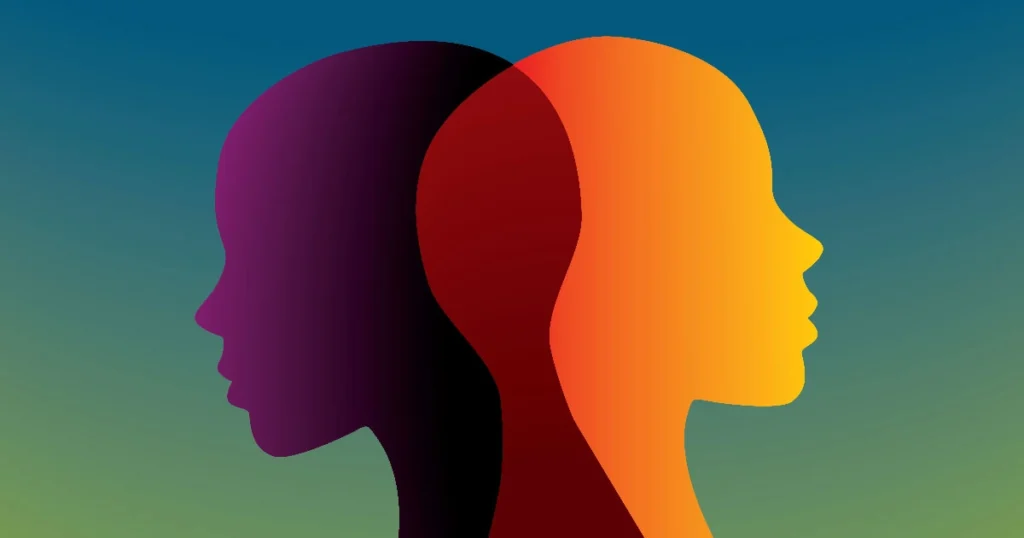
Precise Documentation Of A Bipolar Disorder Diagnosis
For high-quality treatment and effective communication between healthcare practitioners, a precise and complete record of the diagnosis of bipolar disorder is crucial. Accurate identification is provided by the ICD 10 code F31 for bipolar illness, which ensures that medical records consistently reflect bipolar disorder. Clear and thorough documentation promotes continuity of care, giving a complete picture of a patient’s treatment history and improvement.
Adherence To Insurance And Billing Regulations
The correct use of bipolar disorder ICD 10 codes facilitates clinical communication and guarantees adherence to insurance and billing rules. Effective coding promotes simpler reimbursement procedures, lowering healthcare providers’ administrative costs and improving the financial viability of mental health services. When negotiating the complexities of the healthcare reimbursement environment, adherence to coding norms is essential.
The Value Of Having Comprehensive Clinical Records
Effective mental health care depends on comprehensive clinical notes. Detailed clinical documentation, which goes beyond ICD 10 codes for bipolar disorder, captures the nuances of a person’s response to treatment, changes in symptoms, and any changes made to the treatment plan. In addition to helping healthcare practitioners make educated decisions and collaborate, these notes are also a crucial legal documentation of the treatment given. Spending time on thorough clinical notes ensures a holistic and patient-centered approach to treating bipolar illness.
Promoting Hope And Healing In Individuals With Bipolar Disorder
It’s important to highlight that, despite the difficulties of bipolar illness, things may get better. People with bipolar disorder may work toward achieving a more stable and better general sense of well-being by employing effective therapies, involving loved ones, and addressing other potential problems. Inspiring hope is a potent weapon that aids people in confronting and overcoming obstacles on their path to recovery.
Dedication To Continuous Professional Growth In The Treatment Of Bipolar Disorder
Our commitment to those working in the healthcare industry does not stop here. We are dedicated to continuously learning and improving our methods of providing care for all patients. Maintaining abreast of the latest research and developments in the treatment of bipolar disorder enables us to provide the finest assistance we can.
This commitment ensures that we remain current and offer the best treatment as the field of mental health advances. We can offer support that inspires hope, facilitates healing, and maintains our position at the vanguard of successful bipolar disorder treatment by collaborating, comprehending the illness, and adjusting to new strategies.

